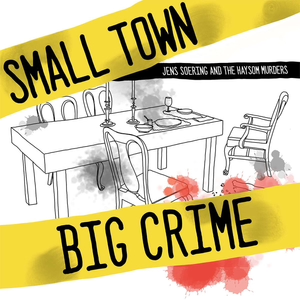The 9 Most Popular Conspiracy Theories in Recent History Social media has helped amplify and circulate misinformation. BY FORTESA LATIFI JUNE 23, 2021 Princess Diana in a red and white hat BETTMANN In the year 2021, conspiracy theories run rampant, from the halls of Congress to viral Facebook and blush-pink Instagram posts. Conspiracy theories are nothing new in the United States, says Cynthia Miller-Idriss, an American University sociology professor who focuses on extremism and radicalization, but they’ve been able to spread like wildfire over the past decade due to social media, which can easily amplify and circulate misinformation. Amid a pandemic that has killed 600,000 Americans to date, conditions couldn’t be more ripe for conspiracy theories to take hold. Miller-Idriss says that people tend to turn to conspiracy theories when they’ve lost a sense of control and feel afraid and anxious because these theories can offer comfort in the form of a black-and-white answer. “When people feel out of control, they’re attracted to things that offer them an action path,” Miller-Idriss tells Teen Vogue. “It’s easier to believe in some nefarious orchestration than to believe that there is an invisible virus in the air that could harm their family.” According to Miller-Idriss, “inexplicable deaths” — whether it’s death on a mass scale, like the pandemic, or the loss of a famous person like Princess Diana — breed conspiracy theories. “When something is so horrifying, it’s easier for people to believe it can’t be true. They can become more vulnerable to conspiracy theories because maybe they can’t psychologically wrap their head around the fact that it is true,” she says. “It’s these episodic, shocking events that create vulnerability." There's also a long historical record of the U.S. government lying to its citizens, including about medical experiments, covert surveillance and torture programs, and the existence of weapons of mass destruction in Iraq. Harboring suspicions that the government isn't always telling the full story is a perfectly reasonable response to this pattern of deception. But sometimes critical thinking and skepticism blossom into something more fanciful and outlandish and a willingness to believe information that matches up with our preexisting political leanings or ideological beliefs.







